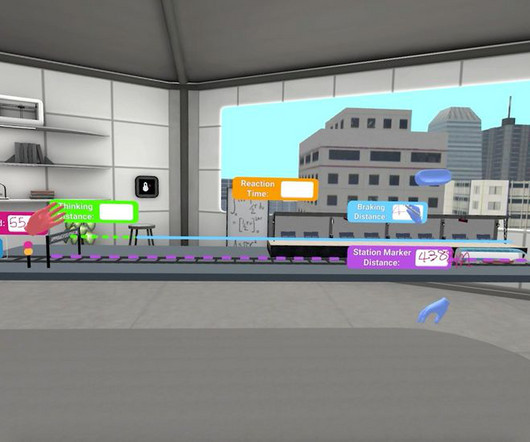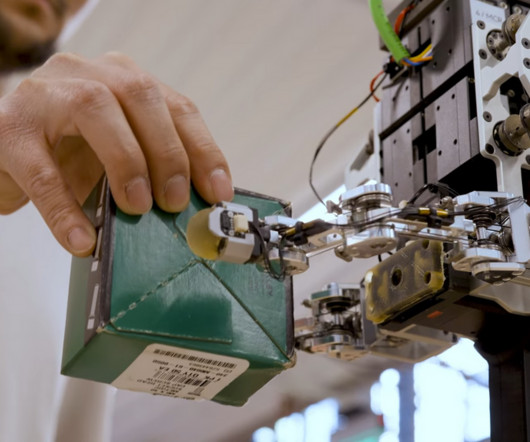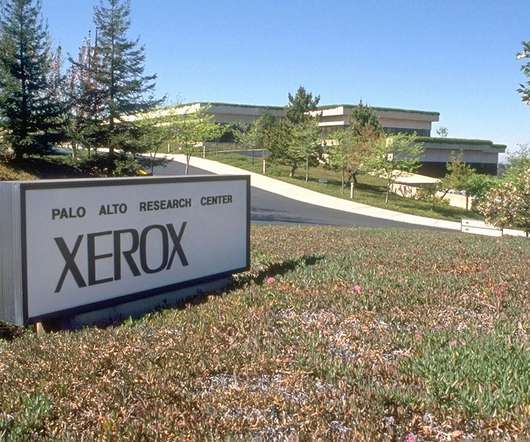MIT team develops first supercapacitor made entirely from neat MOFs, without conductive additives or binders
Green Car Congress
OCTOBER 11, 2016
Researchers at MIT have shown that a MOF (metal-organic framework) with high electrical conductivity—Ni 3 (2,3,6,7,10,11-hexaiminotriphenylene) 2 (Ni 3 (HITP) 2 )—can serve as the sole electrode material in a supercapacitor. Sheberla et al. Click to enlarge. But that’s likely just the beginning, Dincă says. —Alexandru Vlad.






















Let's personalize your content